Science plays a critical role. It’s at the root of nearly everything we comprehend about our physical universe. However, we must remember that science isn’t solely a compilation of facts. Rather, it’s a method through which we decode the world around us. Naturally, the realm of knowledge philosophy and metaphysical aspects are beyond the purview of science. Science focuses on topics that we can experiment with and observe. We all contribute to this process, even those who detest science in academics, or those who believe scientists are manipulated by secret societies. Indeed, you too are part of the scientific endeavor, so ensure you’re aware of these 25 fundamentals everyone should comprehend about science.
Have you ever looked at a pond and wondered how deep it is? How would you figure that out? Well, you have to measure it. But how? Maybe a stick. But should the stick be small, like a twig? Or big, like a branch? So first you take a look at the pond and make a guess. Then, you find a stick that you think is appropriate. And you try to scrape the bottom. Did it touch? No? Then your hypothesis about the depth of the pond was wrong. You need to go find a bigger stick. And that, in a simple nutshell is science. These are 25 Things Everyone Should Know About Science!

Featured Image: Bull3t Hughes via Flickr
Science changes
 Source: reddit, Image: pixabay
Source: reddit, Image: pixabay Not everything you grew up thinking as “true” will be true when you die. This is a good thing. It means that we are discovering more about the universe (and about everything else for that matter).
Natural does not equal healthy
 Source: reddit, Image: wikipedia
Source: reddit, Image: wikipedia Potassium cyanide is natural, but it is definitely not healthy
Bacteria are everywhere
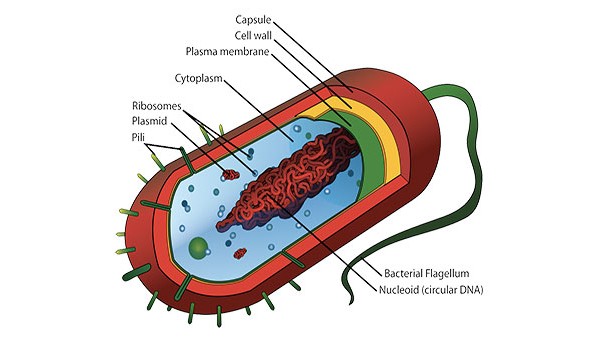 Source: reddit, Image: wikipedia
Source: reddit, Image: wikipedia In fact, if every cell in your body could vote, bacteria would have a 90% majority. By cell count, there are more bacteria cells inside of you than human cells.
Correlation doesn't equal causation
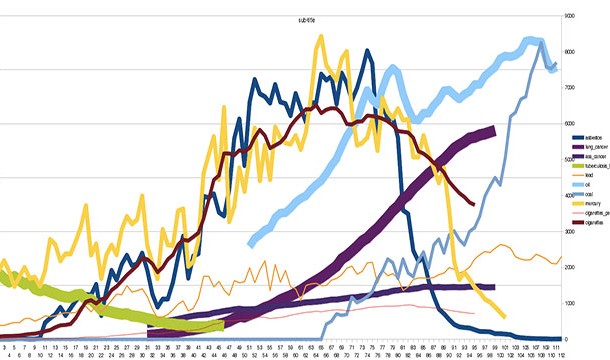 Source: reddit, Image: wikipedia
Source: reddit, Image: wikipedia This doesn’t mean that you should ignore correlation though. The more evidence for something there is, the more you should consider the causation.
You use 100 percent of your brain
 Source: reddit, Image: pixabay
Source: reddit, Image: pixabay You just don’t use all of it at the same time (unless you’re having a seizure).
Endorphins cause attraction
 Source: reddit, Image: pixabay
Source: reddit, Image: pixabay When you “fall in love” with somebody, your brain is basically on a chemical high. This effect wears off after about two years.
Your cellphone won't kill you
 Source: reddit, Image: wikipedia
Source: reddit, Image: wikipedia Yes, it does emit radiation, but so do you. In fact, you emit more radiation than your cell phone.
Nuclear reactors are always "critical"
 Source: reddit, Image: wikipedia
Source: reddit, Image: wikipedia Unlike what Hollywood leads you to believe, nuclear reactors are always critical. In fact, that is a word used to describe that they are working.
Memory
 Source: reddit, Image: wikipedia
Source: reddit, Image: wikipedia Our memories are hopelessly inaccurate. In fact, in light of recent findings, there are movements aimed at reducing the court system’s reliance on eyewitness testimony. The fact is, you are not really remembering the event at all…you’re only remembering the last time you remembered it. And every time your brain imagines something, it either adds to it, or takes away.
Reflexes
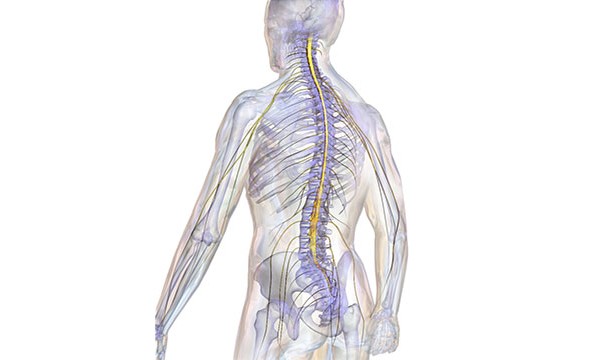 Source: reddit, Image: wikipedia
Source: reddit, Image: wikipedia They don’t use any brain activity. Even brain dead people have them. This is because they originate in nerve centers found in the spine.
Languages
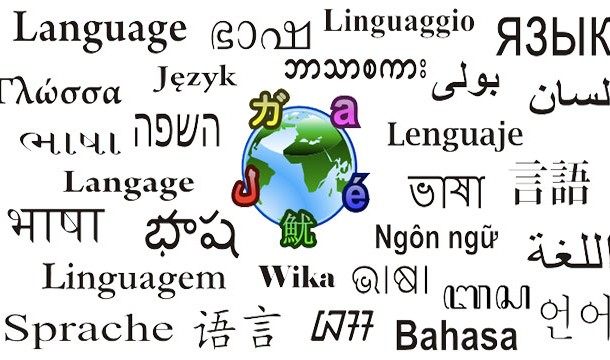 Source: reddit, Image: wikipedia
Source: reddit, Image: wikipedia This isn’t hard science, but linguistics falls under the science umbrella nonetheless. Whether it is the Queen’s English or a rural dialect from the deep south, both languages have an equally complex grammar/syntax. In fact, as soon as a language evolves passed being a pidgin (into a creole), the only thing separating it from longer standing languages is vocabulary, and that can easily be assimilated.
Laws versus Theories
 Source: reddit, Image: wikipedia
Source: reddit, Image: wikipedia In simple terms, a law is what something does. It is observable and demonstrable. A theory is why something happens. It is testable and if it fails any test, it is discarded.
Alcohol
 Source: reddit, Image: wikipedia
Source: reddit, Image: wikipedia It doesn’t make you warmer. It only causes more blood flow to be directed towards your skin (which makes you feel warmer) while in reality it cools down your internal temperature. Don’t be fooled by this one. People have lost their lives, or at least their frostbitten appendages.
GMOs
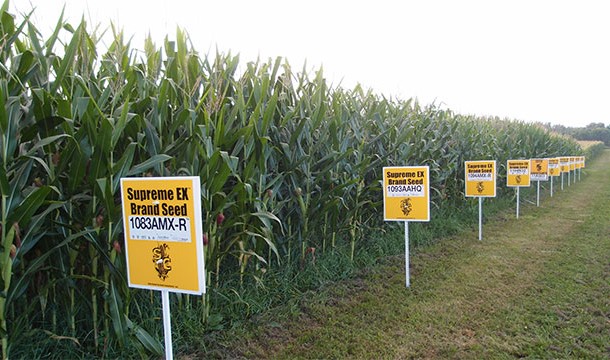 Source: reddit, Image: wikipedia
Source: reddit, Image: wikipedia Almost all the food you eat (if not all of it) has been genetically modified in some way. In fact, millions of people would have died in the last several decades were it not for GMOs.
Time
 Source: reddit, Image: wikipedia
Source: reddit, Image: wikipedia It is not the same everywhere. Since space and time are both aspects of the same thing, the faster you move through space, the slower you move through time. This means that a clock on the space shuttle would be a few nanoseconds behind a clock that stayed on Earth upon the space shuttle’s re-entry. In fact, if it weren’t for the Theory of Relativity, many things, including GPS would not function as well as they do right now.
Quantum Mechanics
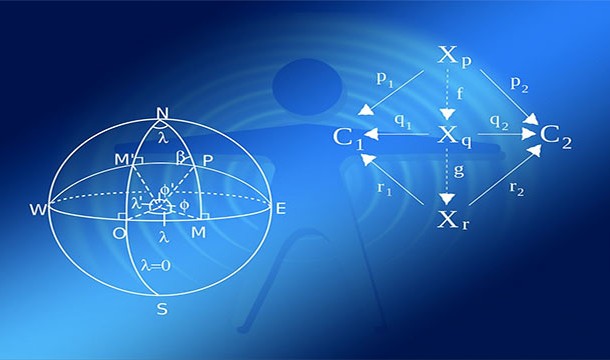 Source: reddit, Image: pixabay
Source: reddit, Image: pixabay There are some pretty weird things that happen at a quantum level. In fact, the regular laws of physics break down and get a little blurry.
Science is a process
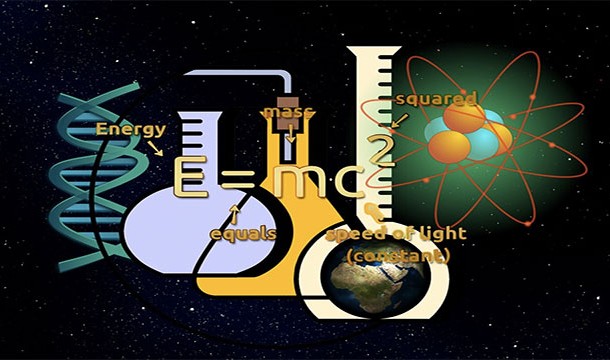 Source: reddit, Image: pixabay
Source: reddit, Image: pixabay It is not a collection of facts. This goes along with the idea that scientific knowledge changes over time.
Science is part of what makes us human
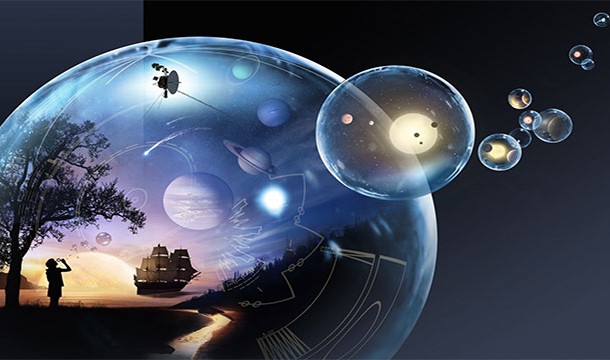 Source: reddit, Image: wikipedia
Source: reddit, Image: wikipedia In its most basic form, science is applied curiosity. You look at the world and think to yourself “why is it that way?”. You then come up with an idea, you test it, and see if your idea passed the test. If not, you come up with another idea. This is the scientific method.
There is no "official highest authority" in science
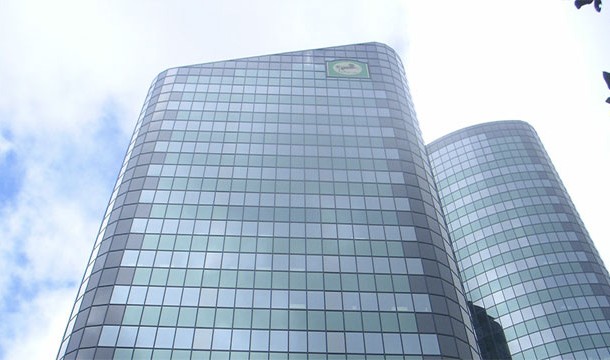 Source: reddit, Image: wikipedia
Source: reddit, Image: wikipedia There is no group of people sitting around dictating the laws and theories of science. This may sound elementary to some, but to others, this is is critical to understand. Anybody can go out and try to disprove scientific theories. In fact, that is what scientists do every single day. They try their best to disprove their theories to see if there exists a better one.
Knowledge sharing
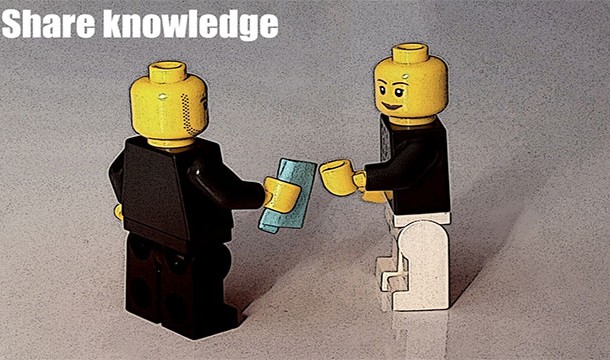 Source: reddit, Image: Ewa Rozkosz via flickr
Source: reddit, Image: Ewa Rozkosz via flickr As you may have been able to deduce, science is collaborative. This means that it is the sum of human knowledge up to a certain point.
DNA
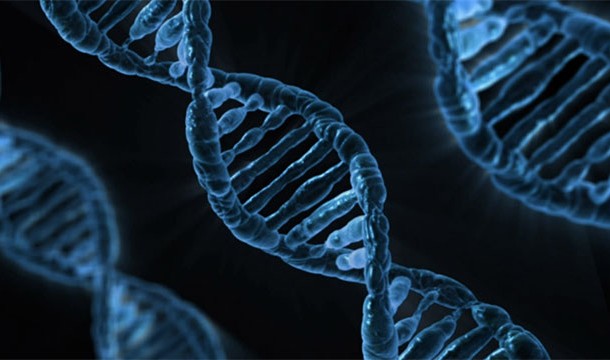 Source: reddit, Image: pixabay
Source: reddit, Image: pixabay All life on Earth encodes the main information about itself and passes that information down through DNA
Radiation
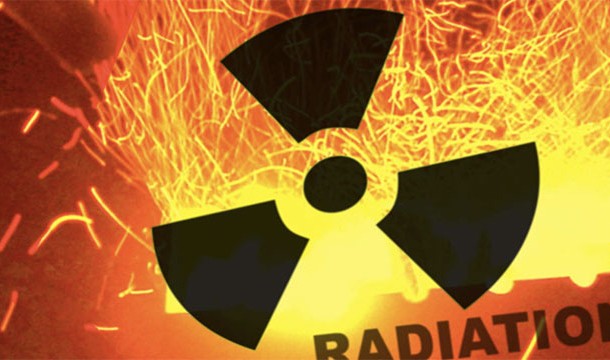 Source: reddit, Image: torange.us
Source: reddit, Image: torange.us Although there is a lot of fear associated with this word, radiation is ubiquitous and life depends on it. And just to ease your fears about getting cancer from your mobile device…let us remind you that your own body emits more radiation than your cell phones does.
Nuclear reactions
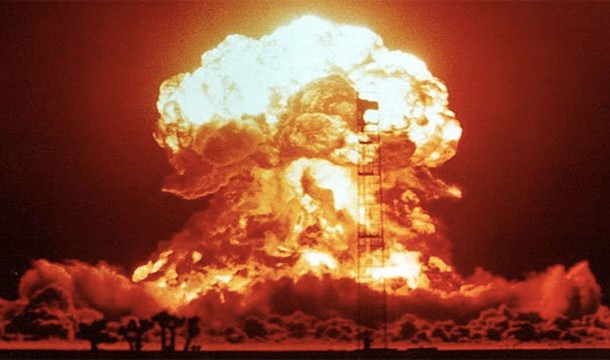 Source: reddit, Image: wikipedia
Source: reddit, Image: wikipedia The type of nuclear reaction occurring in a power station is very different from the type of nuclear reaction that occurs in a bomb. So just like with cell phones, that fear of a nuclear explosion happening next to your house isn’t very realistic.
Chemicals
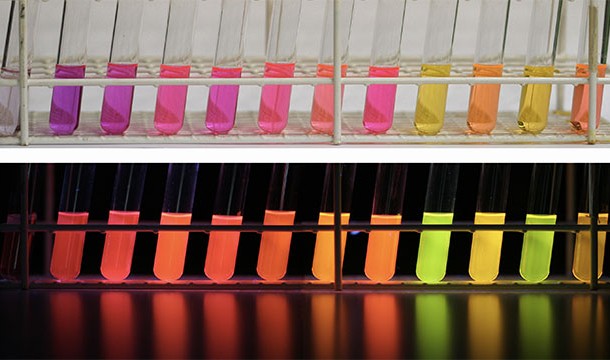 Source: reddit, Image: wikipedia
Source: reddit, Image: wikipedia Everything is chemicals, which consist of elements, which consist of atoms. And 99.99% of atoms is just empty space. In fact, the only reason your hand doesn’t go right through the table is because of these “empty” atoms repelling each other by way of various forces. And the reason you can’t see through the table is because those atoms reflect photons.
Analog vs Digital
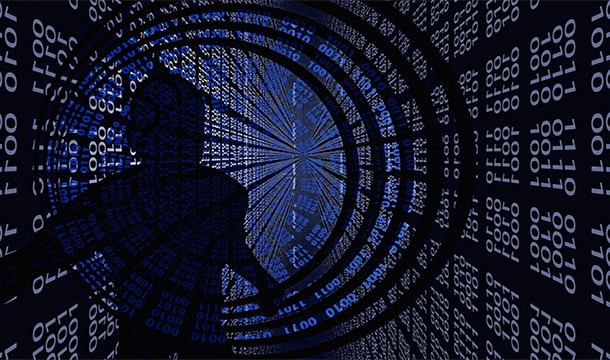 Source: reddit, Image: pixabay
Source: reddit, Image: pixabay Digital information is binary. It’s 1s and 0s. The real world is analog. It’s all light waves, sound waves, etc. Converting analog information to digital involves some loss of information but it is worth it because digital data is easier to store.



























